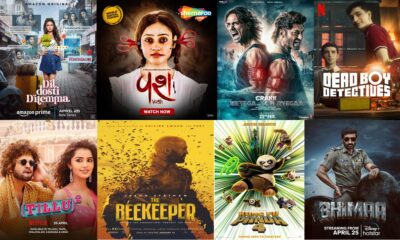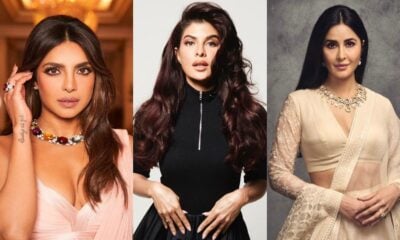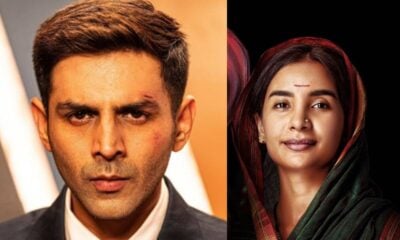Features
On the occasion of Hindi Diwas, Audible brings you Hindi audiobooks across various genres
Explore different genres of Hindi literature with Audible.in’s list of audiobooks for an immersive experience.
Published
3 years agoon
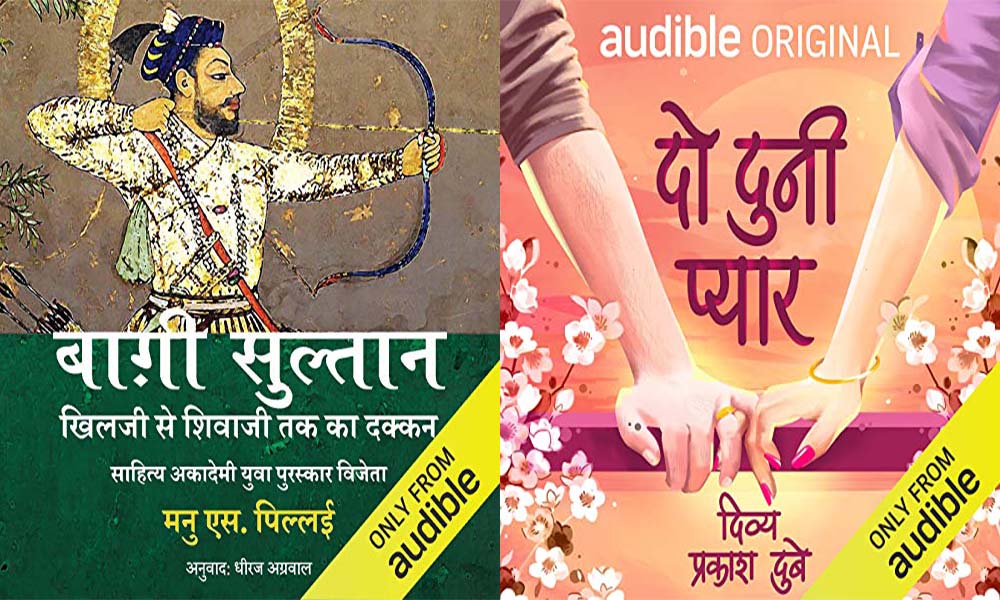
On 14 September 1949, the Constituent Assembly of India decided that Hindi would also be the official language of the Central Government. To expound the importance of this decision and to spread Hindi in every region, Hindi Diwas is celebrated every year on 14 September.
Indians around the country, in schools, colleges or government offices celebrate the rich Hindi culture of India, both in the written and spoken form on this day. Whether you’re comfortable reading fluently in Hindi or not, you too can participate in this celebration by listening to these timeless Hindi classics, by some of the most prolific Hindi writers of our time on Audible. Explore different genres of Hindi literature with Audible.in’s list of audiobooks for an immersive experience.
Anekh Ramayana, Anekh Sandharbha (Many Ramayanas, Many Lessons), by Anand Neelkantan
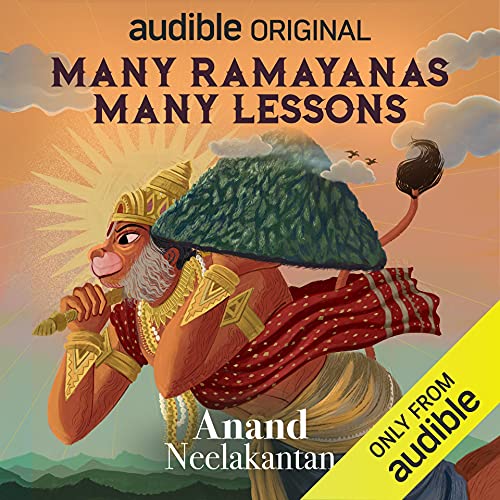
If there’s one thing that is synonymous with the tradition of storytelling in India, it’s the rich culture of mythological epics we’ve all grown up listening to or watching. Spread across 29 episodes, this audiobook is an attempt by Anand Neelakantan to introduce different versions of this great epic and draw enduring lessons for audiences of all ages. The story is told in chronological order, with each episode featuring different Greats like Sage Valmiki, the Lord Rama, Sage Vishwamitra, Sita, Bharata individually, thus taking interesting detours to introduce the various versions of this story that exist across Asia.
Mad Mommas, by Anu Singh Choudhary
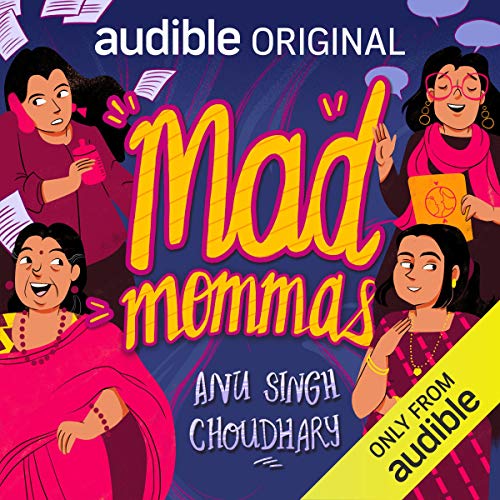
Written by Anu Singh Choudhary and narrated by Richa Anirudh, the 8-part Audible Original Series MAD MOMMAS captures the bittersweet realities of four women at different stages of motherhood who multitask through marriage, career, kids, family, life, and the Corona crisis. The central theme of this series also establishes how ‘motherhood’ very naturally becomes a community where women come together unknowingly for each other while fighting their own lone battles. This fictional audio drama series unravels many untouched aspects of the lives of urban women through secrets they fear to share openly: insecurities, professional & domestic struggles, and the tug between ‘what-should-be’ and ‘what-I-want’.
Meri Gita, by Devdutt Pattnaik
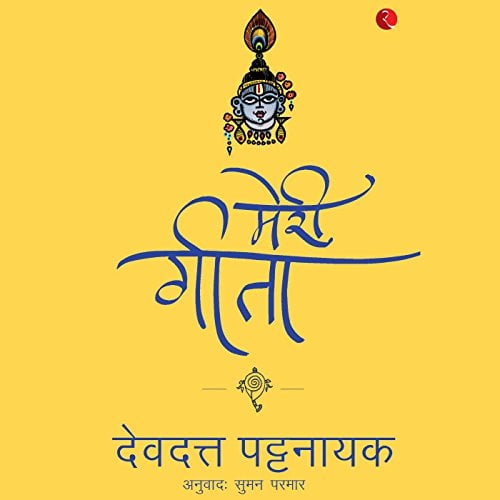
In a world that seems spellbound by argument over dialogue, vi-vaad over sam-vaad, Devdutt highlights how Krishna nudges Arjuna to understand rather than judge his relationships. This becomes relevant today when we are increasingly indulging and isolating the self (self-improvement, self-actualization, self-realization – even selfies!) We forget that we live in an ecosystem of others, where we can nourish each other with food, love and meaning, even when we fight.
Chanakya Neeti, by Acharya Chanakya
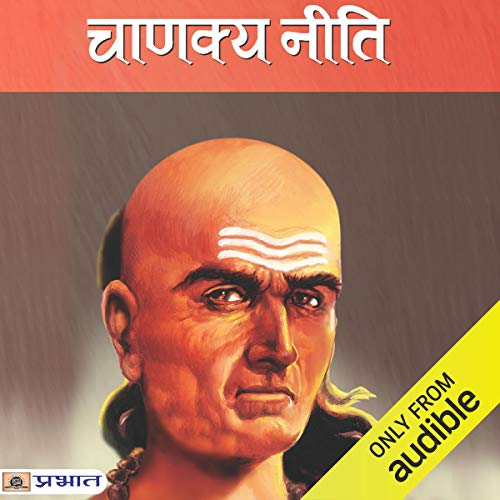
Chanakya was an Indian teacher, philosopher, and royal advisor. He managed the first Maurya emperor Chandragupta’s rise to power at a young age. He is widely credited for having played an important role in the establishment of the Maurya Empire, which was the first empire in archaeologically recorded history to rule most of the Indian subcontinent. Chanakya is traditionally identified as Kautilya or Vishnu Gupta, who authored the ancient Indian political treatise called Arthasastra. As such, he is considered as the pioneer of the field of economics and political science in India, and his work is thought of as an important precursor to classical economics.
Godaan, by Munshi Premchand
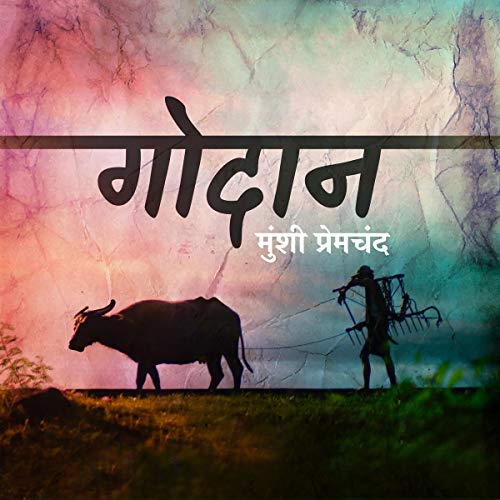
Godaan, is a living picture of the entire life of an Indian farmer – his aspiration and despair, his sincerity and religious piety, his helplessness and innocence.
Do Duni Pyaar, by Divya Praksh Dubey
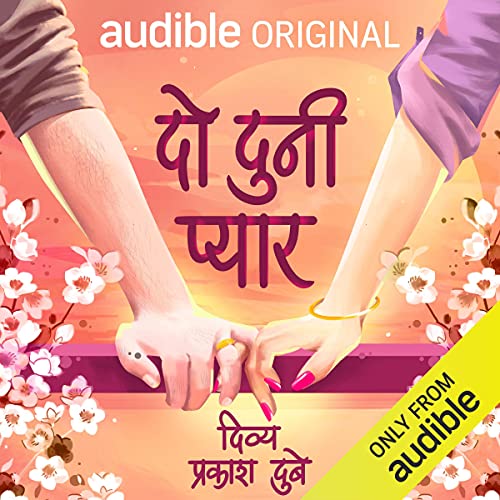
Do Duni Pyaar, ek Audible Original, Divya Prakash Dubey ki awaaz mein. Duniya ke hisab kitab mein do duni char hota hai aur yadon ki kitab mein do duni pyaar hota hai. Do duni pyaar ki kahaniyan asal mein hamare khoye hue – din, mohalle, shehar, galiyan aur sadkein hain. Yadon ki galiyon ke pass se guzarti hui ek pagdandi jahan hamare purane dost hain, diary ke modey hue panne hain, purani black and white tasveerein hain, lambe befikra din hain, raat se lambi baatein hain.
Shreshthata Ka Manovigyan, by Osho
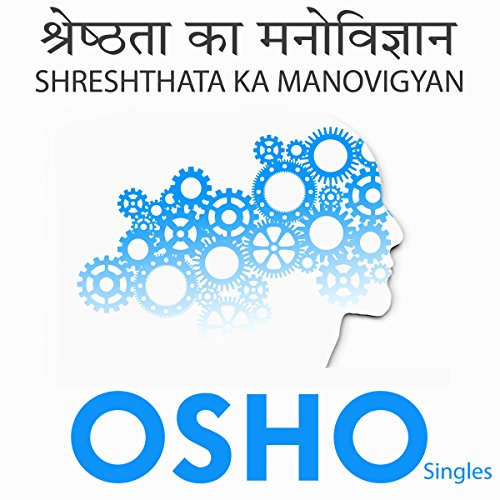
Shreshth vahi hai jo jhuk sakta hai. Is pravachan me Osho ek bahut gahri baat kah rahe hain jo mahtvakanksha ki daud ke viprit hai. Sagar itana virat hai kyoki vah sabse niche hai isiliye har jharna usi me akar girta hai. Purab ne bahut bahut tarah se jhukne ka aur sab kuch pane ka raaj jaan liya hai. Jinhe hinta ki granthi hai ve hi daudte hai.
Bagi Sultan – Khilji Se Shivaji Tak Ka Deccan, by S. Pillai
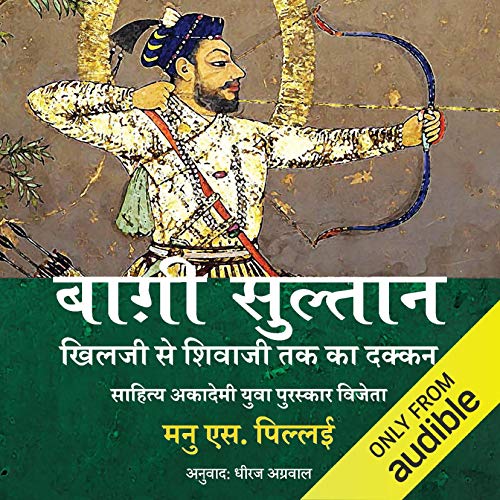
In Rebel Sultans, Manu S. Pillai narrates the story of the Deccan from the close of the t13th century to the dawn of the 18th. Packed with riveting tales and compelling characters, this book takes us from the age of Alauddin Khilji to the ascent of Shivaji. We witness the dramatic rise and fall of the Vijayanagar empire, even as we negotiate intrigues at the courts of the Bahmani kings and the Rebel Sultans who overthrew them. From Chand Bibi, a valorous queen stabbed to death, and Ibrahim II of Bijapur, a Muslim prince who venerated Hindu gods, to Malik Ambar, the Ethiopian warlord, and Krishnadeva Raya on Vijayanagar’s Diamond Throne – they all appear here as we journey through one of the most arresting sweeps of Indian history. Unravelling a forgotten chapter in our medieval past, Rebel Sultans reminds us of a different age and a different time in the Deccan – one that ended an empire and rewrote India’s destiny.
You may like


From Dil Dosti Dilemma to Vash; OTT releases that will light up your Weekend


6 Bollywood divas who have more than 70 million followers on Instagram


Adarsh Gourav to Ryan Gosling: 7 Bollywood-Hollywood actors showcasing their musical talents on and off-screen


World Health Day: 11 Bollywood celebrities who give major health and fitness goals


5 reasons to watch Prithviraj Sukumaran’s ‘The Goat Life’ This Friday in cinemas


Kartik Aaryan to Patralekha; 4 actors who will play real-life characters on screen

